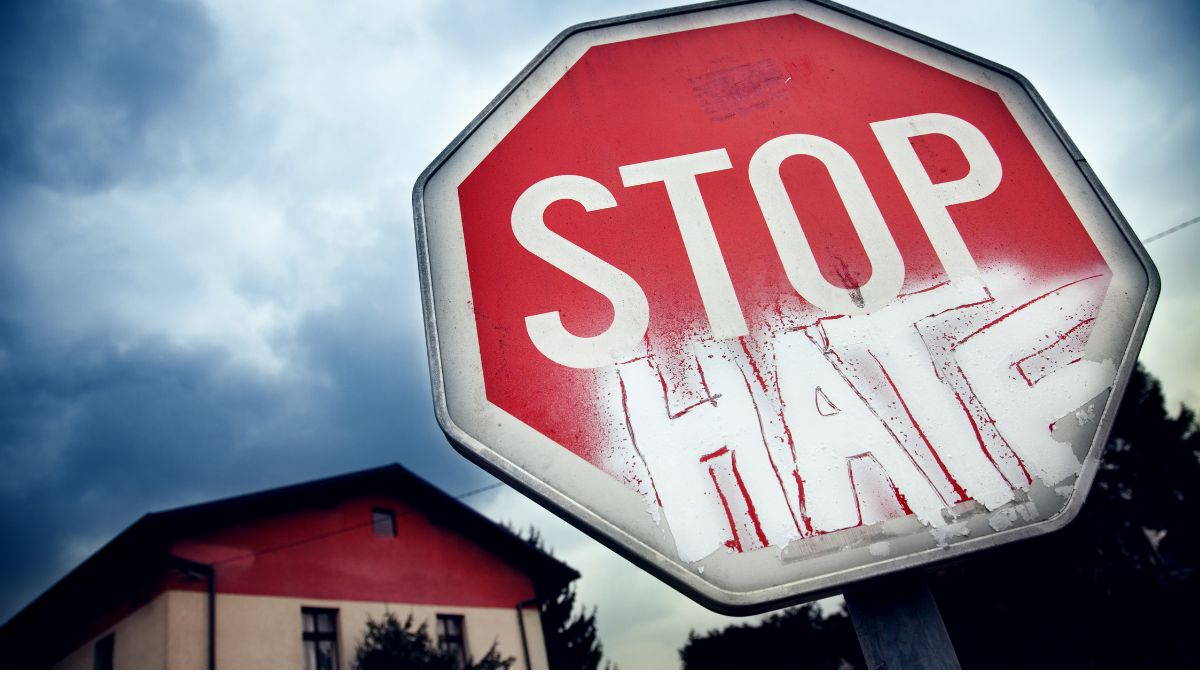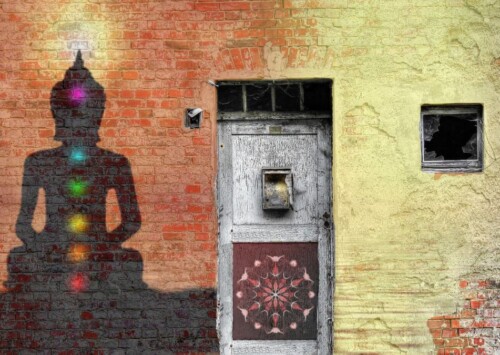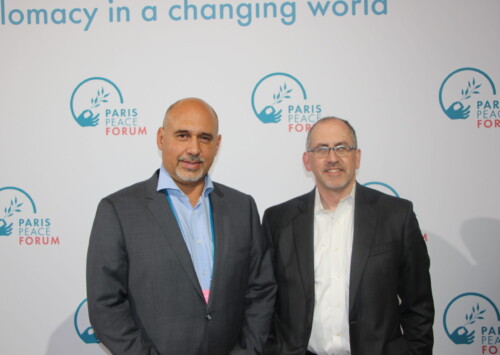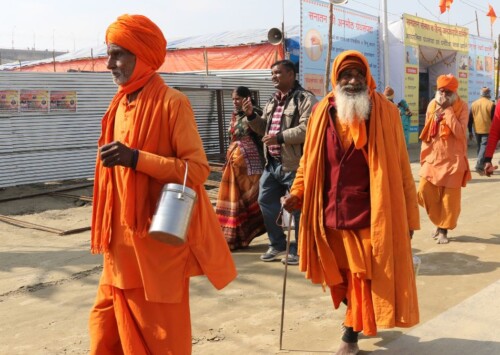Indian diaspora caught in crossfire of xenophobia
Questions on safety and protection rise
In the past few months, there has been a series of incidents where members of Indian diaspora in various countries have been victims of hate crimes, raising questions about their safety and little recourse to protection that they have overseas.
Though, as a rule, Indian diaspora has flourished in dozens of nations across the world, and has rarely made news for anything besides exceptional achievements, the last few months have seen spate of hate-crimes being committed against Indian nationals or Persons of Indian Origin in a number of countries.
Roshan Somani, pursuing an MBA in Irish capital Dublin, a city already flagged for a high incidence of violence, says his dream of studying abroad has turned into something far more fraught.
“For students like me, studying abroad is a dream built on hope, but over the recent days, my dreams have come down crushing,” Somani tells Media India Group.
“After the Russia-Ukraine war, Ireland, being an EU and English-speaking country, saw a rise in the number of asylum seekers and migrants. Recently, an Indian professional, who had just arrived in Dublin and was working at Amazon, was attacked because of his ethnicity. The fact that these crimes are committed by teenagers who believe that they are above the law. Many Indians are too afraid to report such incidents. Stones are thrown, people are beaten, racially abused, but unfortunately most of it goes unnoticed or unreported. All we have been asking for is safety and fairness. The government immediately needs to take steps to protect the legal migrants who come here through proper routes, pay taxes and also contribute to the society. We came here with a lot of hope, away from our families, but the reality seems increasingly unfair and heartbreaking,” Somani adds.
Also read Indian-Americans protest against prejudice-driven crimes
What all of these testimonies and incidents share is a profound sense of vulnerability and violation, the sense that even those who arrive lawfully, contribute to society, pay taxes and simply want to study, work and integrate, find themselves at risk. Whether it is random, unprovoked violence in Edmonton, a vicious assault in Adelaide, intimidation on the streets of Dublin or a profound sense of abandonment in London, the message is chilling, no one is immune.
Looking back at some of the most shocking hate crimes that have taken place in the past few months, on July 19 in South Australia, a 23-year-old Indian student Charanpreet Singh, was left unconscious in a street in Adelaide, South Australia, on the night of July 19. What began as a car-parking dispute escalated horrifyingly; Singh was reportedly subjected to racial abuse and repeatedly punched and assaulted by a group of men. He was rushed to the nearest hospital, suffering brain trauma, multiple facial fractures and other grievous injuries. South Australian Police arrested a 20-year-old man the next day and charged him with assault causing harm.
In another incident which took place on the streets of Dublin, an Indian national, Swati Verma, was violently accosted on October 8. As she was returning home, a woman challenged her presence in Ireland, demanded she “go back to India” and questioned her very right to stay in the country.
In another incident, on October 19, in Edmonton, a 55-year-old Canadian-Indian businessman, Arvi Singh Sagoo, was out with his girlfriend when he was brutally attacked by a stranger. Sagoo, who was hospitalised, succumbed to his injuries on October 24. When the perpetrator was apprehended and charged with aggravated assault, police revealed that the assault was entirely random and unprovoked.
Government abroad has taken action against the increase in these crimes by taking a range of political, legal and diplomatic measures.
The testimonies of the Indian diaspora and the incidents share a profound sense of vulnerability and violation, the sense that even those who arrive lawfully, contribute to the society, pay taxes and simply want to study, work and integrate, find themselves at risk. Whether it is random, unprovoked violence in Edmonton, a vicious assault in Adelaide, intimidation on the streets of Dublin or a profound sense of abandonment in London, the message is chilling, no one is immune.
The need of the hour to protect the Indian diaspora by strengthening hate crime legislation, raise awareness in home communities and ensure the safety and belonging of foundational rights of every student and citizen abroad.










